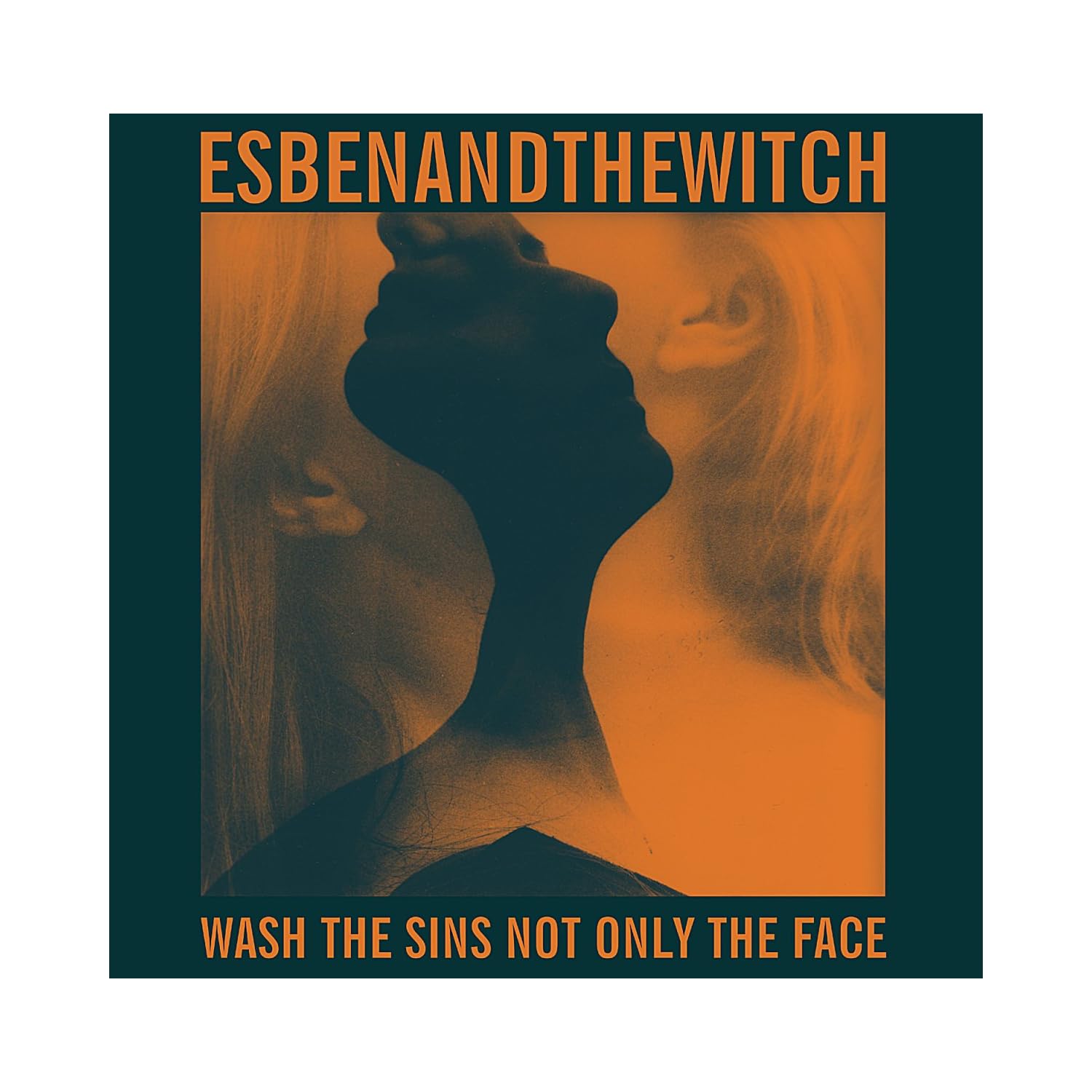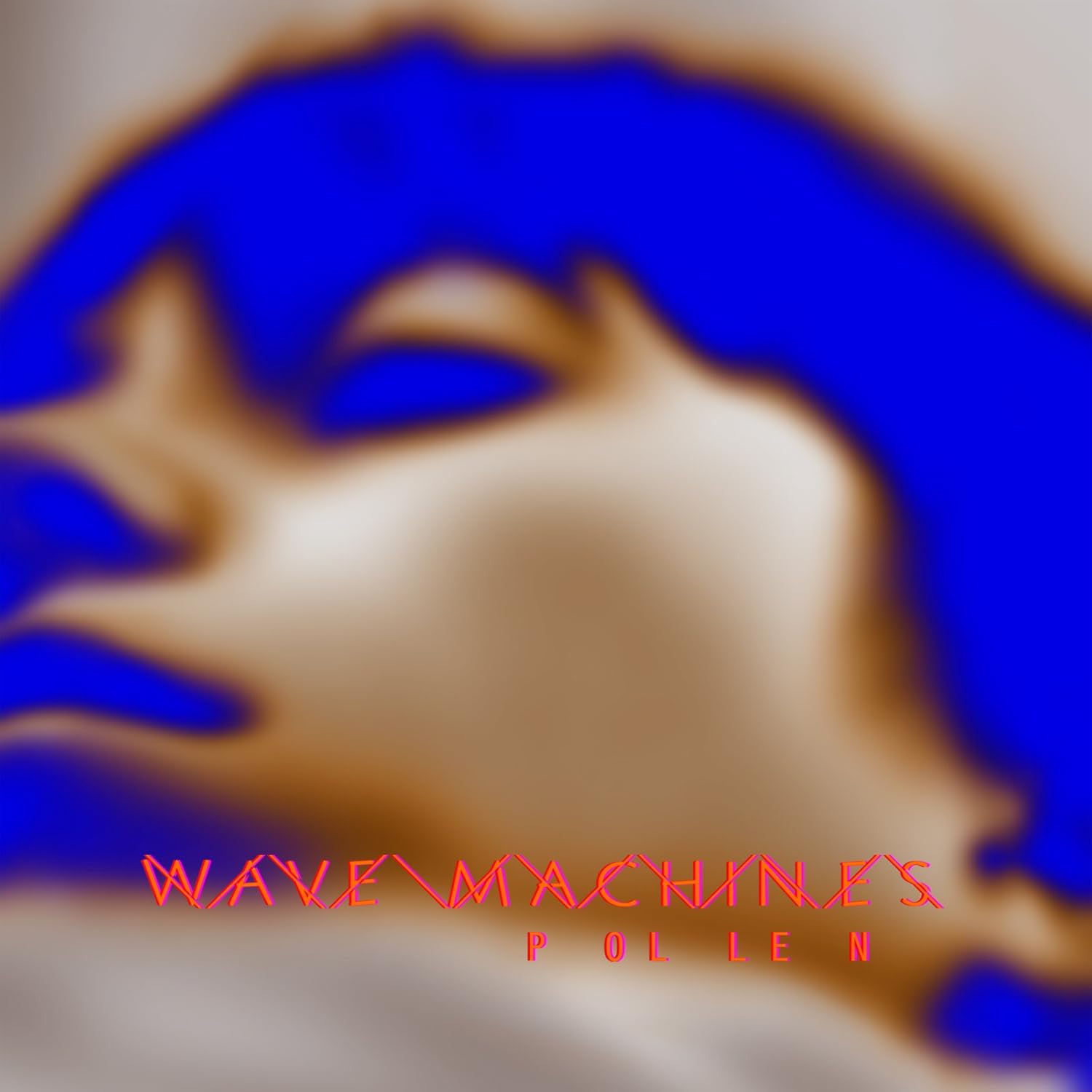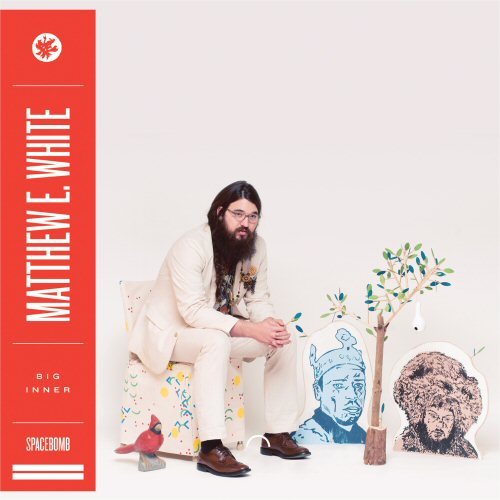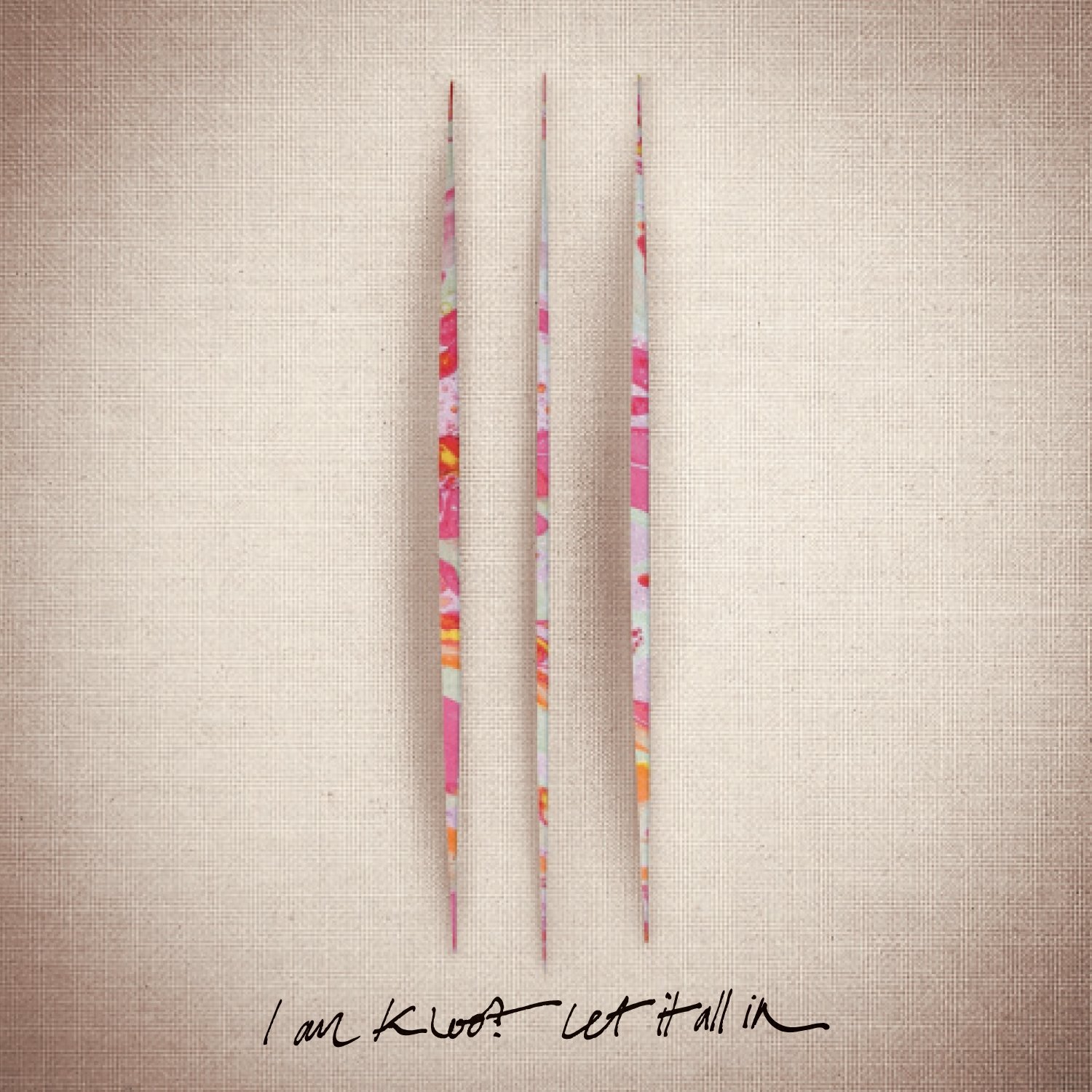Neil McCormick, friend of Bono, has given Telegraph readers a crash course in Kraftwerk.
Some readers got an uncanny sense of deja-vu. Didn't McCormick's piece, "Kraftwerk: the most influential group in pop history?" have more than a passing similarity to Jude Roger's "Why Kraftwerk are still the world's most influential band" that appeared a few days earlier in The Observer.
When challenged about this on Twitter by @theboylightning, McCormick invented a new irregular verb:
It's called sampling. It's the modern way. (I'll give you 2 sentences out of 1200 words on exactly the same story)
I sample, you lift, he/she plagiarises.
McCormick put his hands up to lifting a line from Rogers about a Melody Maker review. By this point, Jude had joined the conversation and pointed out that a big chunk of her research had turned up in his bit:
The huddling together of facts about Afrika Bambaataa, Uranium and The Model also rang a few bells. Ding dong.
McCormick claimed you can't write a Kraftwerk article without throwing those bits in. Which might be true, but it's the way they're folded in. Here's Jude in The Observer:
Afrika Bambaataa fused the melody of Trans-Europe Express and the rhythm of 1981's Numbers to create Planet Rock, one of hip-hop's pioneering tracks. Trailblazing electro group Cybotron used a loop from 1977's Hall of Mirrors; its founder, Juan Atkins, would create techno, and from there came modern dance culture.
Back in Britain, New Order would sample Uranium on Blue Monday, while synth-pop inspired by albums such as 1978's The Man-Machine would set the decade's pop mood. Kraftwerk would even get a No 1 single, The Model, in February 1982, four years after its first release. It was if the world was finally catching up with them.
And here's Neil's scamper through the history:
Afrika Bambaataa’s groundbreaking 1982 hip-hop dance smash Planet Rock was built around Kraftwerk’s Trans-Europe Express. The same year, Kraftwerk’s The Model hit No1 in Britain, four years after its first release. In 1983, New Order sampled Kraftwerk for their breakthrough dance rock hit Blue Monday. By the end of the Eighties, a whole new dance scene was emerging.
It could be coincidence, but it doesn't half read like a precis.
McCormick then offered an even more bizarre defence:
I figured, who actually reads both the Guardian & The Telegraph (apart from me obviously)
I'm sure Neil didn't mean to make that sound like "I didn't think I'd get caught", (and interesting that he doesn't appear to know what paper the article was originally in) but it does sound a bit like that. In much the same way his Telegraph piece sounds a bit like Jude Rogers in The Observer.





















